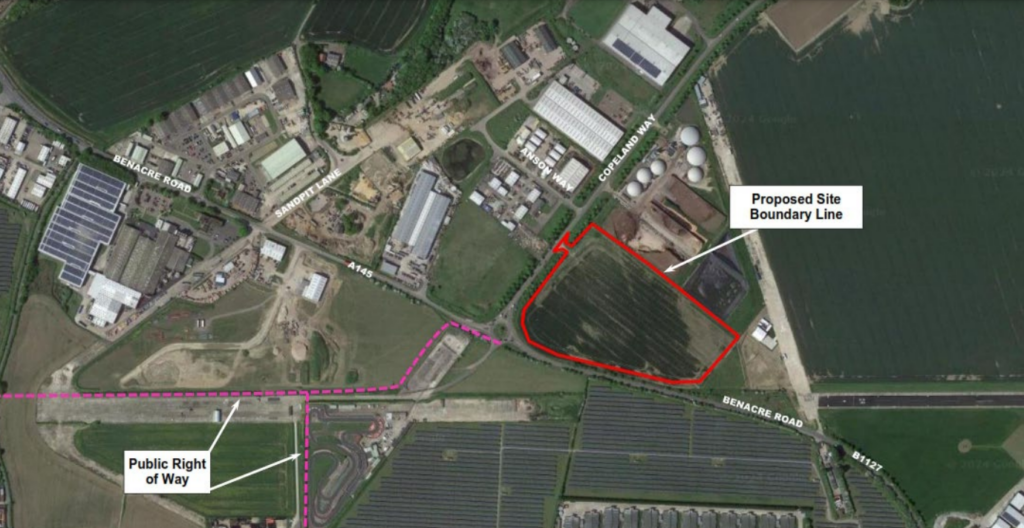The university was funded by a 13,960 grant from the Onyx Environment Trust, through the Landfill Tax Credit scheme, to research the use of peat-free compost using coal and quarry waste.
About 50,000 cubic metres of peat are used each year in the UK, and according to the report most of this is taken from sites rich in wildlife. Developing peat-free compost could reduce the need to disturb these sensitive areas, while increasing recycling, it said.
The Horticultural Research International (HRI) department at Warwick carried out two tests over a 12-month period, the first using iceberg lettuce seeds and the second using begonia seeds. The lettuce seeds were sown into soil prepared from compost and quarry clay while the begonia seeds were planted in plastic trays to find out if the material could also be used to grow bedding plants.
Different amounts of compost and quarry waste mixes were tested and when used with the lettuce seeds the HRI discovered that a mixture containing 20% green waste compost, 55% composted bark and 25% quarry waste achieved the best results. The seed germination and lettuce plant growth were comparable to those using a commercial peat, the researchers said.
With the begonia test, the Warwick team found that a mixture containing 75% bark, 12.5% green waste compost and 12.5% quarry waste was best. Once again the results were similar to those using a peat, the study said.
Margaret Cobbold, general manager of the Onyx Environmental Trust, said: “I am delighted to see such encouraging results from this project. Using a peat free product to cultivate foods and plants will mean that we can preserve some important habitat sites throughout the UK, helping to protect many species of plant and wildlife for the future.”











Subscribe for free